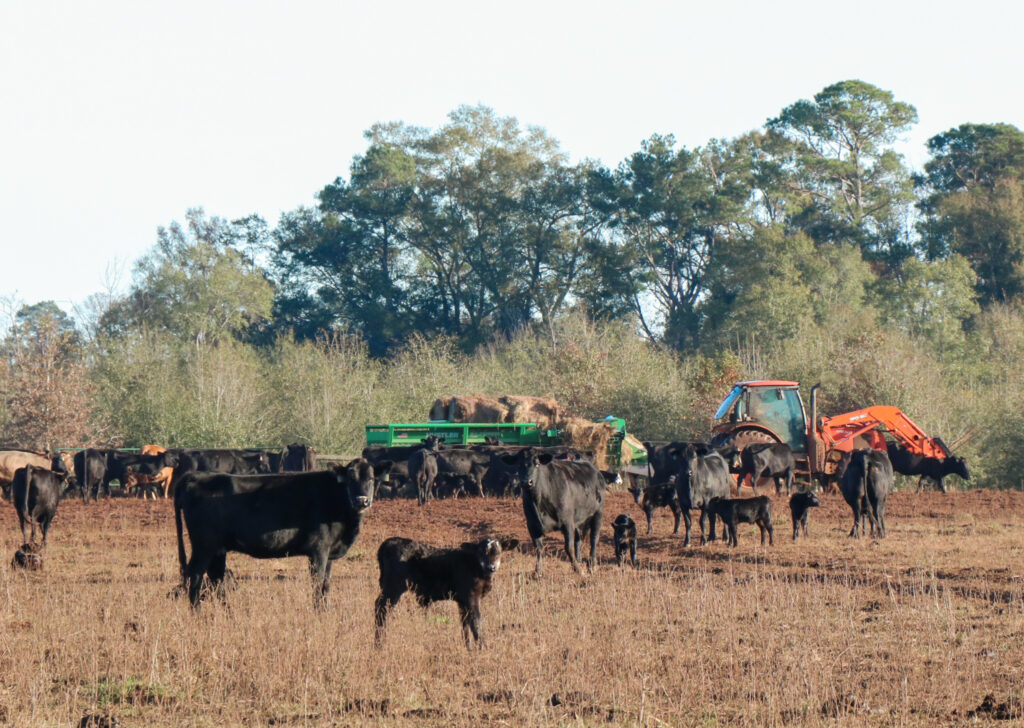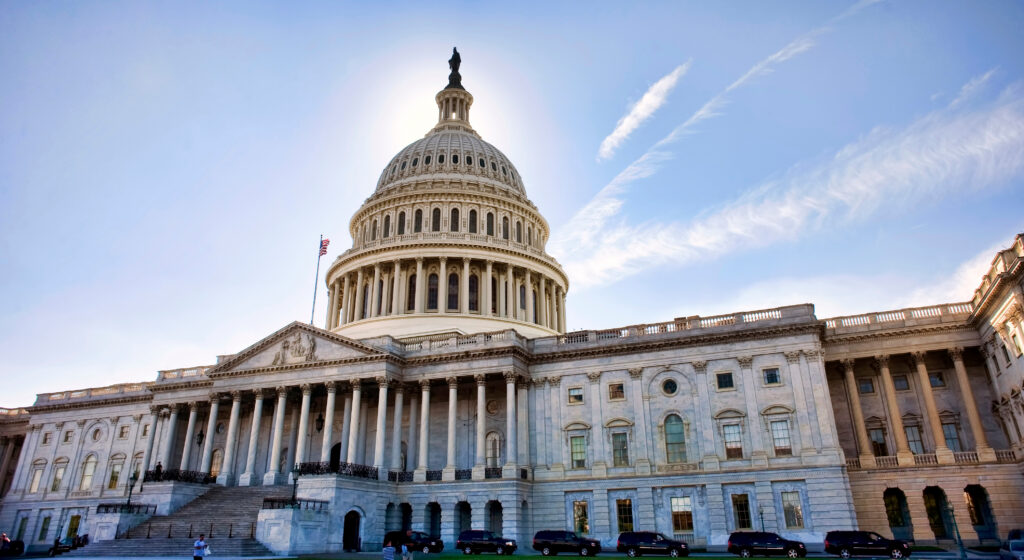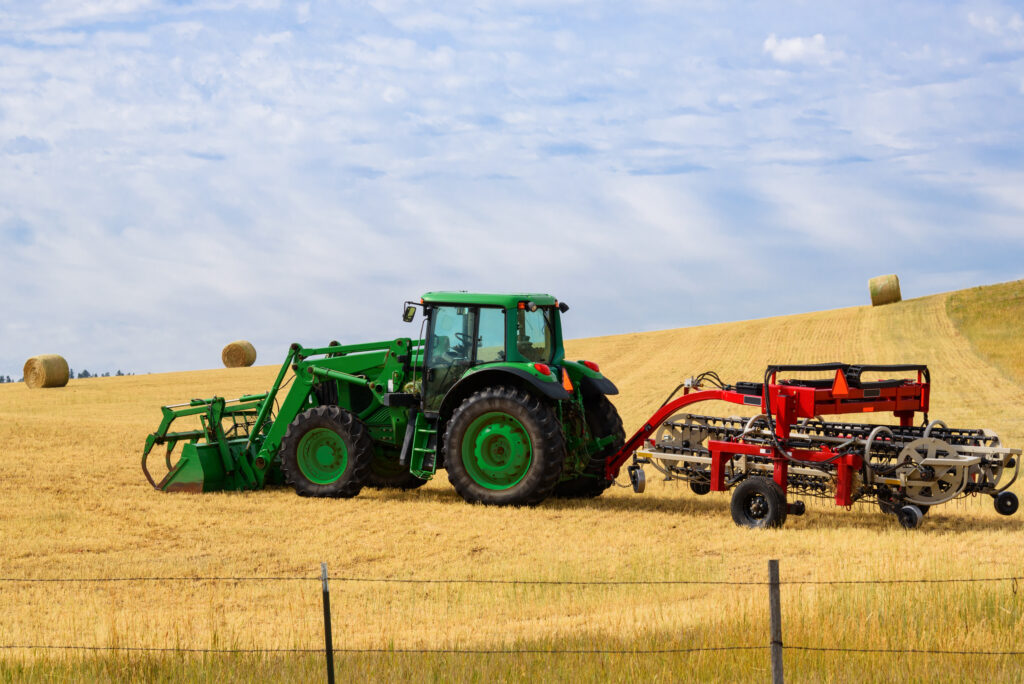You might think the tax dollars ranchers pay on cattle sales go to promote beef in a straightforward way. Think again.
Two new lawsuits are ripping the lid off the U.S. Department of Agriculture’s (USDA) beef checkoff programs, exposing a shadowy world where power players pull the strings on beef commission appointments and hide how millions in taxpayer funds are really being spent.
Get ready to see how ranchers’ beef checkoff dollars are being used—or rather, abused.
North Dakota Ranchers Sue Over Rigged Beef Commission Appointments
A new lawsuit from independent ranchers in North Dakota is calling out Governor Kelly Armstrong and private beef associations. The ranchers say these associations have too much power when it comes to picking who sits on the North Dakota Beef Commission’s board.
So, what does this Beef Commission do? Their main job is to decide how to spend the money collected from the state checkoffs. The board has nine members: three beef producers, a cattle feeder, a dairy farmer, a public livestock market representative, and three at-large members.
But here’s the kicker, according to the lawsuit: the governor and a handful of agriculture associations allegedly control who gets on that board.
The ranchers suing, including the Ranchers Rights Initiative and its directors Kenneth Graner, Jeremy Maher, and Michael Heaton, are arguing that it’s not a level playing field. For example, when a new cattle feeder representative is needed, it’s the Feeder Council of the Stockmen’s Association, a private organization, that gets to designate nominees, according to the lawsuit.
Even for the three at-large spots, where supposedly anyone can get nominated, the plaintiffs claim the governor has only ever picked members or people connected to the Stockmen’s Association.
So, how does that play out? Independent ranchers basically have zero representation on the board, according to the complaint. The lawsuit says the entire setup is unfair and unconstitutional, granting association members an unfair advantage over independent cattlemen.
“The government shouldn’t be picking winners and losers,” Robby Dube, the main lawyer for the ranchers, told the North Dakota Monitor.
And there’s more. The ranchers also say the Beef Commission Act is unfair to producers who ask for refunds on their state checkoffs. To even qualify for eight out of the nine board positions, you must not have received a refund for at least three years. The law says this is to make sure board members are “active participants” in the checkoff process.
But as Dube points out, some ranchers may need those refunds for financial reasons, or they might just disagree with the Beef Commission‘s use of the money.
Lawsuit Demands USDA Hand Over Beef Checkoff Documents
In another beef checkoff lawsuit filed in the past week, the Animal Legal Defense Fund (ALDF) and Earthjustice challenged the USDA and its agency, the Agricultural Marketing Service (AMS). They’re using the Freedom of Information Act (FOIA) to force the USDA to release records about how AMS oversees the Beef Checkoff program.
Even though FOIA has a 20-business-day response deadline, AMS has ignored ALDF’s request from January 2025. That’s a clear violation of the law.
“The public has a right to know whether USDA is rubberstamping false and misleading beef industry ads,” said Jeffrey Stein, an attorney at Earthjustice, in a recent press release. “USDA must respond to public records requests, and it must ensure that government-approved marketing is based on facts, not greenwashing.”
USDA's Secret Stash: A History of Hiding Checkoff Misdeeds
Unfortunately, these lawsuits are just the latest in a long history of the USDA keeping checkoff records hidden.
Back in 2010, an independent audit—which only looked at about nine days worth of beef checkoff spending—uncovered over $200,000 in improper spending by the main contractor, the National Cattlemen’s Beef Association. The USDA then did a full audit but kept the findings secret, claiming it would be “embarrassing” for the USDA and “fracture the beef industry” if made public.
The Organization for Competitive Markets filed a FOIA request in 2014 to get the audit details, and then sued when the USDA still refused to release them. More than 10 years later, that audit is still hidden from the public.
And it’s not just beef. Farm Action is currently fighting to get all the FOIA materials we requested in late 2024, which detail alleged illegal lobbying by the North Dakota, Missouri, and Iowa soybean checkoffs.
USDA Needs to Step Up and Fix Out-of-Control Checkoffs
Farm Action is urging USDA Secretary of Agriculture Brooke Rollins to take immediate action to get checkoffs back on track and rebuild farmers’ trust in these programs. If they can’t be fixed, the Secretary should just shut them down, which she has the power to do under federal law.
Specifically, Farm Action is calling for:
- The Secretary to immediately hit pause on approving any checkoff spending until full audits are completed, there’s confirmation that the programs follow the law, and these audits are made public. Programs that aren’t following the rules should face penalties and be forced to make corrections.
- The Secretary to work with Congress to reform checkoff programs. This means regular, public audits and banning agricultural trade and lobbying groups from receiving checkoff money (as proposed in the Opportunities for Fairness in Farming Act).
- If checkoffs can’t be reformed, the Secretary should declare them all ineffective and either end or suspend them.




